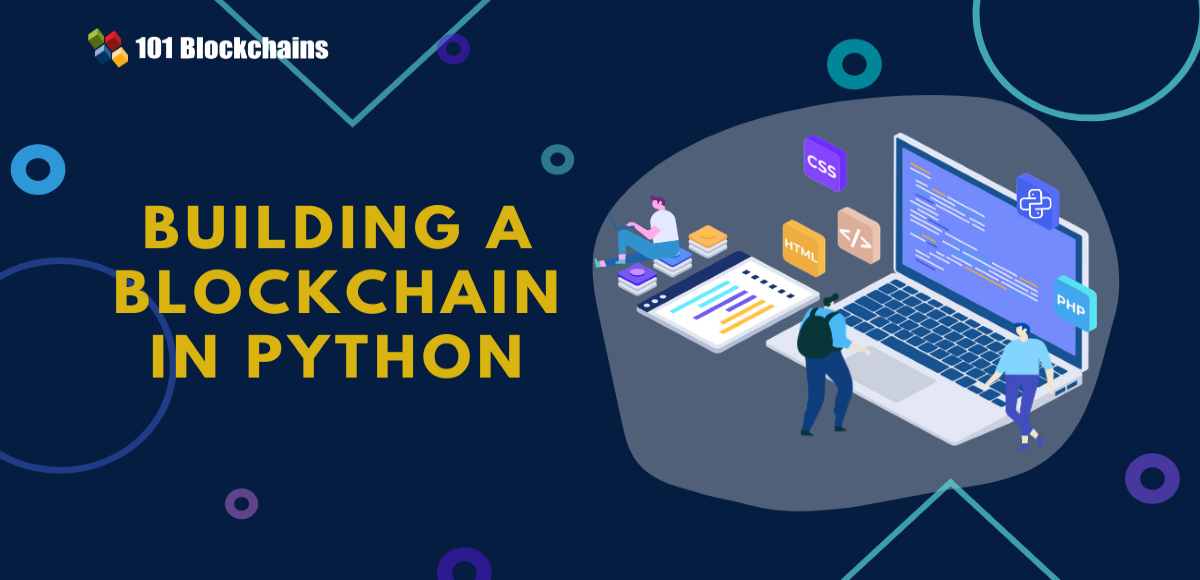Blockchain Integration with Python A Comprehensive Guide

Exploring the Fusion: Blockchain Meets Python in Development
Blockchain technology has taken the digital world by storm, and its integration with Python programming language is creating waves of innovation. In this article, we delve into the symbiotic relationship between blockchain and Python, uncovering how this powerful combination is reshaping the landscape of digital transactions and development.
The Dynamics of Python in Blockchain Development
Python, known for its simplicity and versatility, has become a preferred language among developers. In the realm of blockchain, Python offers a seamless integration that enhances the development process. Its clean syntax and extensive libraries make it an ideal choice for crafting blockchain solutions, providing developers with a robust toolkit.
Unlocking Blockchain Potential with Python Scripts
One of the key strengths of Python in the blockchain space lies in its ability to write efficient scripts. Developers can leverage Python scripts to automate various aspects of blockchain development, streamlining processes and reducing manual intervention. This automation accelerates the pace of development, making Python an invaluable asset for blockchain projects.
Python as a Catalyst for Secure Transactions
Security is paramount in blockchain, and Python plays a pivotal role in ensuring the integrity of transactions. Its strong cryptographic libraries contribute to the creation of secure and tamper-proof smart contracts. Developers can implement complex cryptographic algorithms with ease, fortifying the blockchain ecosystem against potential threats.
Crafting Innovative Solutions with Python-Powered Blockchain
The marriage of Python and blockchain unleashes a wave of innovation, allowing developers to craft novel solutions. From decentralized applications (dApps) to smart contracts, Python’s flexibility empowers developers to bring their creative visions to life. This synergy facilitates the development of diverse and groundbreaking blockchain applications.
Navigating Blockchain Development Simplified with Python
For developers seeking a smoother learning curve in blockchain development, Python offers an accessible entry point. Its user-friendly syntax makes it an excellent choice for those new to blockchain, enabling a more straightforward understanding of complex concepts. Python’s readability fosters a collaborative development environment, fostering teamwork in blockchain projects.
Python Tools for Blockchain Integration Explored
Python boasts a rich ecosystem of libraries and frameworks that significantly ease blockchain integration. Developers can leverage tools like Web3.py for Ethereum integration or PyChain for building custom blockchain solutions. These tools enhance the development process, providing a structured framework for implementing blockchain functionalities.
Coding Trust: Python and Blockchain Unraveled
Trust is the cornerstone of blockchain, and Python’s transparent and readable code contributes to building trust among developers and users alike. The open-source nature of Python fosters collaboration and scrutiny, reinforcing the reliability of blockchain applications. The combination of Python and blockchain promotes a culture of trust in the development community.
Accelerating Blockchain Projects with Python
The efficiency of Python accelerates the pace of blockchain projects, enabling faster development cycles. Its modular structure allows developers to break down complex tasks into manageable components, facilitating parallel development. This acceleration is crucial in the rapidly evolving landscape of blockchain technology.
Python: The Key to Unlocking Blockchain Potential
In conclusion, the integration of Python with blockchain






